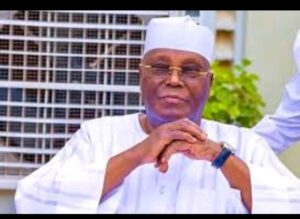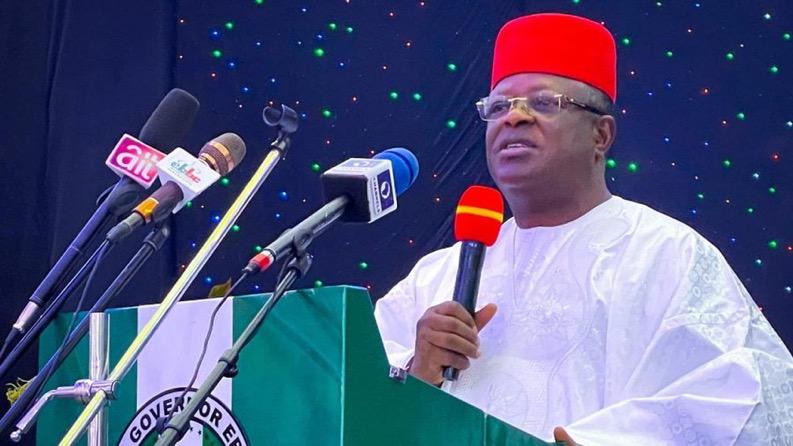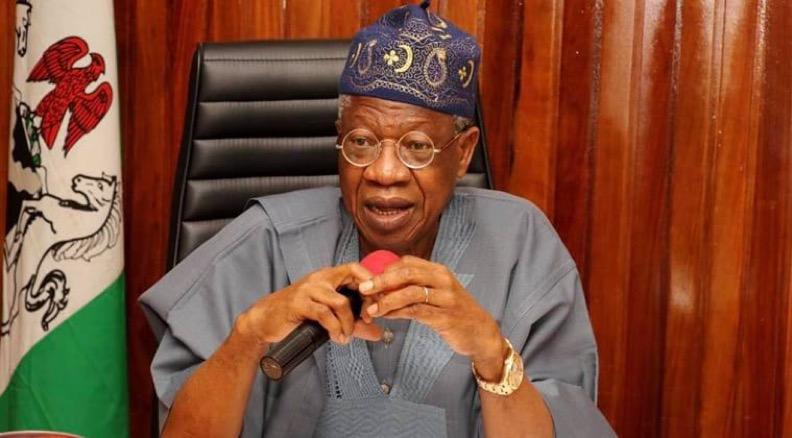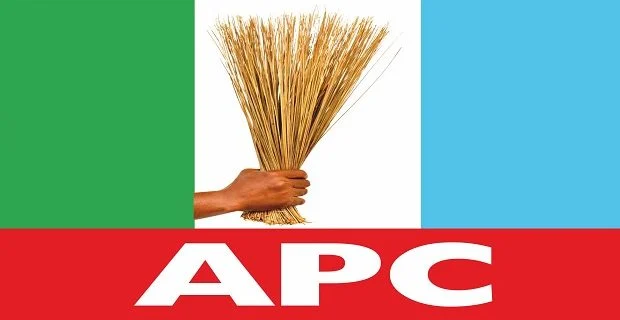Defections Didn’t Kill the PDP — Atiku Did”

The current political landscape in Nigeria has raised serious concerns about the future of its opposition parties. With defections to the ruling All Progressives Congress (APC) in recent months, the Peoples Democratic Party (PDP) is finding itself increasingly weakened. But while it’s easy to point to defections as the cause, a deeper examination reveals that the root of the PDP’s disintegration lies within its own leadership—particularly in the hands of former Vice President Atiku Abubakar.
A Wave of Defections: The Surface Reality
Since April, the PDP has witnessed an alarming exodus of its members, particularly from states where it had once enjoyed a firm political stronghold. Federal lawmakers from Osun, Kaduna, and Niger States have abandoned the party, while the defection of Delta State Governor Sheriff Oborevwori, his predecessor Ifeanyi Okowa, and the entire PDP structure in the state on April 25 marked a new high in this trend. The South-South, which had been a PDP fortress since 1999, is now facing the real possibility of shifting allegiance to the APC.
Many analysts attribute these defections to President Bola Ahmed Tinubu’s influence, accusing him of using state power to lure opposition figures to his camp. There are also accusations that these moves are motivated less by ideology and more by political survival—defectors seeking to shield themselves from prosecution or gain personal leverage. While this theory holds some weight, it does not explain the deeper causes behind the PDP’s unraveling.
The Tinubu Factor: Symptom, Not Cause
President Tinubu’s role in these defections cannot be dismissed. His government, with its ambitions for re-election in 2027, is seen by some as desperate enough to engage in tactical moves that destabilize the opposition. But to blame Tinubu exclusively for the PDP’s decline oversimplifies the situation. If the party’s future hinges solely on defections, it may survive in some form, but the true loss is not the defections themselves—it’s the systematic erosion of the PDP’s internal structure over the past decade.
At the core of this erosion is Atiku Abubakar, whose actions and leadership decisions have had a far more profound impact than any external pressures.
Atiku’s Role: The Architect of PDP’s Collapse
Atiku Abubakar, a perennial presidential candidate with a history of shifting allegiances, is often regarded as a master of political maneuvering. Yet, his leadership of the PDP over the years has left it fractured, at times beyond repair. His return to the PDP in 2017, after a stint with the APC, came at a time when the party was still recovering from the catastrophic 2015 defeat. The PDP had lost significant ground, losing nine of its 22 states and 93 National Assembly seats. Yet, the party was making incremental strides toward recovery, thanks largely to the efforts of figures like former Rivers State Governor Nyesom Wike.
However, when Atiku re-entered the PDP, he did so not with the intention of fully rebuilding the party but to position himself for another run at the presidency. His entry further deepened existing divisions, particularly as he clashed with key stakeholders in the party who believed he was more focused on his personal ambitions than the party’s collective future. By the time the 2023 election cycle arrived, the PDP was once again a house divided.
The Missed Opportunity of 2023
The 2023 general elections presented the PDP with its best chance to reclaim power since losing the presidency in 2015. The APC, under the leadership of President Muhammadu Buhari, had lost much of its public support due to economic mismanagement, insecurity, and widespread dissatisfaction. A unified opposition could have capitalized on these weaknesses and seized the opportunity to govern.
However, Atiku’s leadership in the run-up to the elections, particularly his strained relationship with key figures like Wike, resulted in a deeply fractured PDP. In the face of a weakened APC, the PDP’s internal divisions made it unable to effectively challenge the ruling party. The party’s inability to capitalize on this golden opportunity, while some within its ranks pushed for unity, can be traced directly to Atiku’s leadership choices.
The Consequences of Internal Dysfunction
The defections we are witnessing today are not merely a consequence of political manipulation from the APC—they are a symptom of the PDP’s internal dysfunction. The party’s leadership, particularly Atiku, failed to heal its wounds after 2015, and the subsequent election cycles only served to widen the cracks. The rise of the APC was only accelerated by the PDP’s inability to adapt and present a cohesive opposition.
The latest wave of defections may seem like a betrayal of the party’s ideals, but it is more than that. It is the result of years of strategic missteps, internal divisions, and missed opportunities that Atiku’s leadership has failed to address. While the defections may appear as the final blow to the PDP, they are merely a sign of the larger, more complex problem that Atiku has played a central role in creating.
A Future at Risk
As the APC continues to consolidate power and the defections mount, the PDP faces an existential crisis. The party may yet survive in some form, but its chances of returning to power in the near future are slim unless it undergoes profound internal reform. And that reform will require a dramatic shift in leadership one that moves away from the self-interest that has driven much of the PDP’s recent history.
In the end, the true wrecking ball for the PDP has not been the defections orchestrated by the APC, but the leadership vacuum within the party itself. It is a crisis of its own making one that Atiku, more than anyone, has helped shape.







